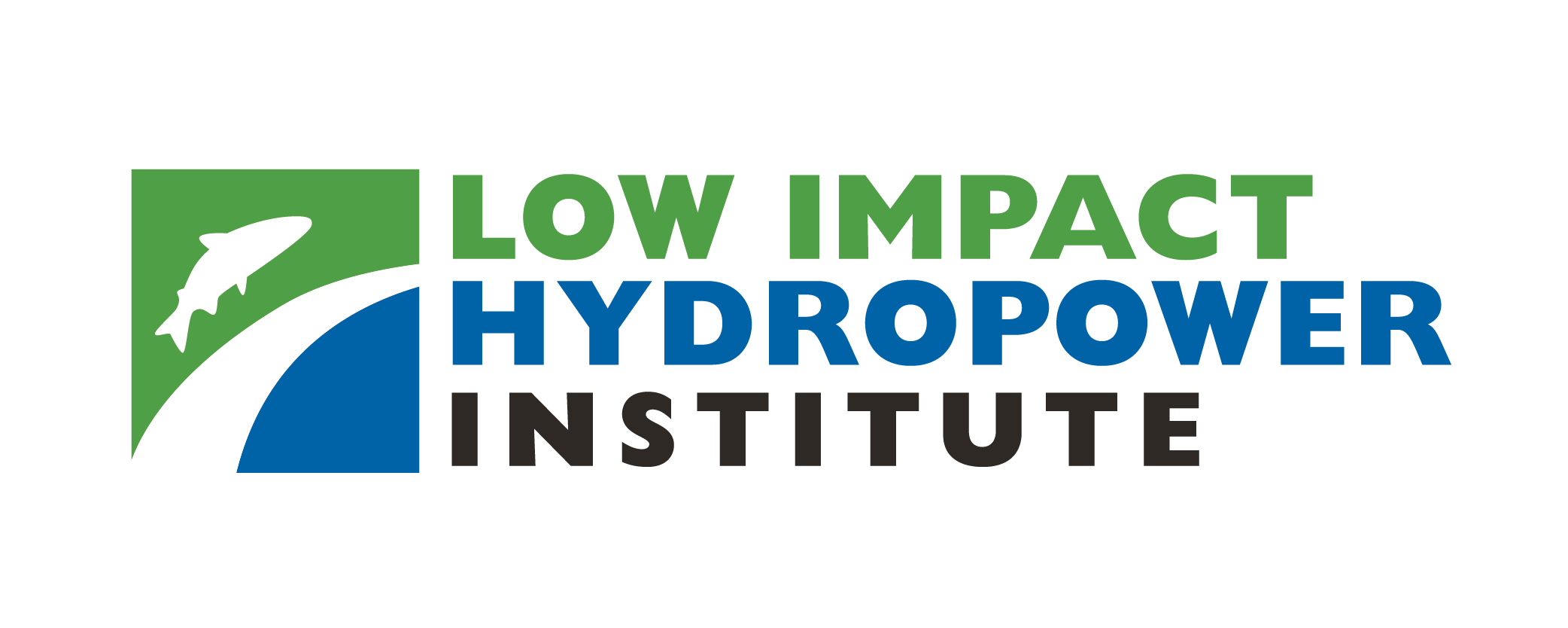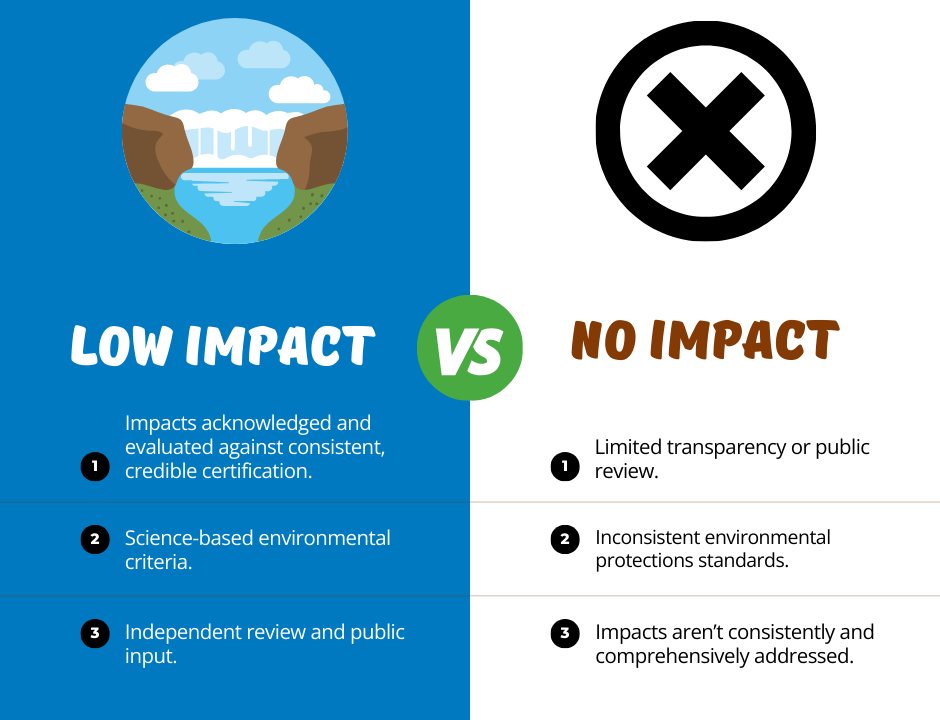
North Umpqua Project, LIHI #69 OR – Complete Recertification Application Received
March 11, 2025
Mid-Term Review – Bear River Project, LIHI #53, ID
March 24, 2025In the Wake of Uncertainty, Sustainability Offers Promising Solutions for the Hydropower Sector

Many remember when sustainability was a niche concern that organizations pursued on the side, often disconnected from their core mission strategies. But five years ago, the International Hydropower Association predicted that sustainability would be a driving factor in the future of the hydropower sector. Well, that day has arrived.
As the corporate world grapples with increasing environmental and social responsibilities, sustainability is no longer a standalone initiative—it’s a fundamental business practice. From energy procurement to production, embedding sustainability into every aspect of operations is proving to mitigate risks, spark innovation, improve efficiency, and strengthen market position.
The latest Amplify publication, Corporate Sustainability Strategies: Part I, explores how organizations align sustainability to drive goals and meaningful impact.
In one of the featured articles, “Energy Procurement: A Case for Holistic Decision-Making,” the Low Impact Hydropower Institute’s (LIHI) Executive Director, Shannon Ames, and Communications Manager, Whitney Stovall, explore the critical need for a more comprehensive approach to energy procurement. Rather than making decisions based solely on cost, Ames and Stovall make the case that procurement officers should evaluate the broader environmental and social externalities to prioritize renewable energy sources that provide dual benefits for operational performance and the community.
“Sustainable energy procurement isn’t just about cost savings—it’s about making choices that align with long-term environmental and business objectives. Companies that take a holistic approach can drive real impact while securing a more resilient energy future,” said Stovall.
Ames further emphasizes that a holistic approach can transform the sector, positioning hydropower as the optimal choice to meet the growing demand for energy while improving biodiversity, wildlife, water supply protection and restoration, community relations, and local ecosystems.
“We are in a season of change and reform, not just the hydropower sector, but the clean energy movement as a whole. When you consider that over half of projects are in marginalized communities and the number of licenses that will be up for review in the next decade, procurement officers have the power to move the sector beyond the confines of compliance and foster long-term value for plant owners, local residents, and the environment.”
Using examples of low impact hydropower plants that are successfully advancing sector viability and ecological stewardship, Ames and Stovall illustrate the importance of integrative practices for both the future of the hydropower industry and across sectors. The featured article is a part of Amplify’s collective report showcasing organizations implementing purpose-driven frameworks and embracing technologies—such as AI, circular economy models, and supply chain innovations.
For a deeper dive into strategies defining organizational sustainability and business goals in 2025, read the full report and explore these insights and more.




